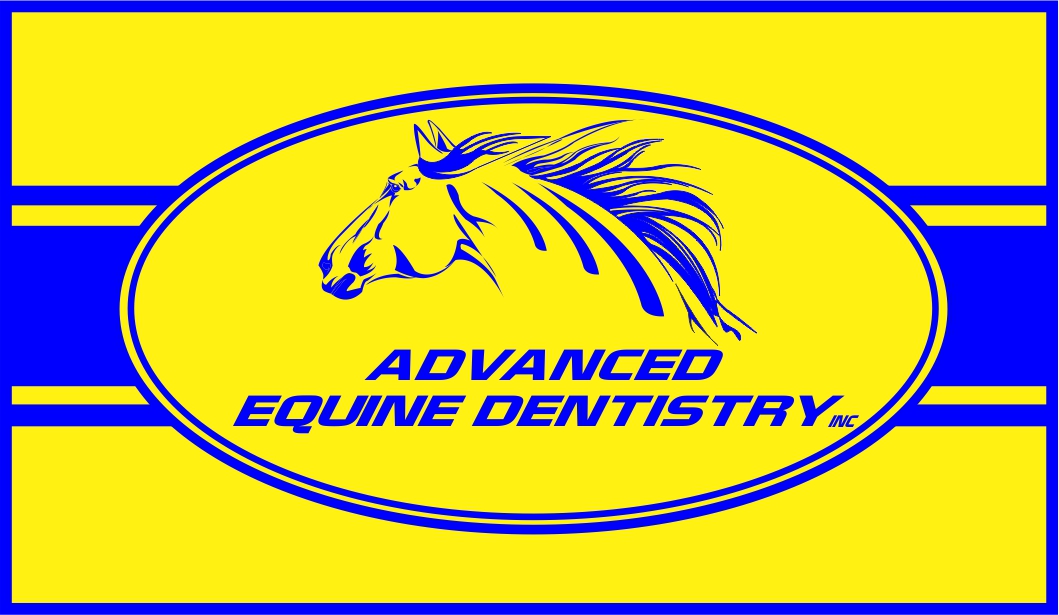Most horse owners are familiar with some of the common signs that their horse may need a dental exam, such as difficulty chewing, loss of body condition, excessive salivation, and head turning while eating. “Dropping feed” isn’t necessarily a sign your horse is having issues chewing, unless they’re dropping hay. Horses mouths aren’t designed to eat the small processed feeds we often give them, and so they tend to drop grain out the sides of their mouths. This is acceptable as long as they clean up the pieces they drop. Wetting the grain and feeding from a bucket on the ground can help them chew and digest grain more easily. However, if they are spitting out clumps of partially chewed hay, this is called “quidding” and it is an indication they aren’t chewing properly. Below is an example of what a quid looks like. They are generally oval or ball-shaped, and can be hard to notice in the pasture.

Other less noticeable signs that your horse may need a dental exam include large, undigested feed particles in their manure. This indicates that they aren’t able to properly chew their hay or grain, and are therefore unable to utilize all the nutrients you are feeding them. You will notice whole pieces of grain/corn and long stems of hay, as opposed to nicely digested small pieces. Your horse may also be trying to tell you something is bothering them while riding. Head tilting/tossing, bit chewing/resisting the bit, tongue lolling, inadequate stopping, and even bucking/rearing can be signs your horse is uncomfortable with his mouth. We have had numerous clients whose horses had behavioral issues that resolved after their dental was taken care of. Some horses are extremely sensitive, and even slight discomfort can make them disagreeable.
There are other more significant signs that your horse may have a dental problem, such as facial swelling and nasal discharge. If you horse has an infected tooth or sinus, the nasal discharge is typically only from one side of the nose. You will notice a very bad smell, in addition to the yellow/green discharge. While this doesn’t technically qualify as an emergency, be sure to have a veterinarian come check the horse as soon as possible. Leaving a rotten tooth can cause infection to weaken the surrounding teeth and jaw bone, causing more complications when the tooth is removed. In rare cases, the jaw bone can weaken enough to fracture.
If you’ve noticed a change in your horse or are just concerned that they may be in need of a dental exam, please give us a call!
Written by Morgan Bosch DVM
